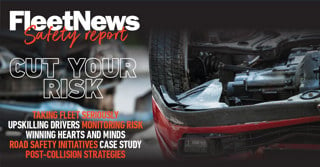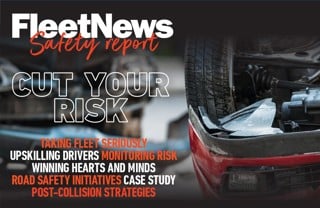Leaves’s remit includes courier vehicles, pool vehicles, hire desk for spot hires, five workshops and five bunkered fuel sites which deliver about one million litres of fuel a year. He will also manage the AlphaCity initiative.
The only thing which isn’t controlled in-house is accident repairs. The council’s workshops will carry out very minor repairs but otherwise the vehicles go to a bodyshop.
The vehicles on the council’s fleet range from cars for highways inspections to minibuses for social workers, as well as vehicles for the council’s multi-drop delivery service.
When Leaves joined the council in 1991 it purchased its vehicles outright before taking the decision to move to an operating lease model. Three years ago it switched back to outright purchase.
“We looked at how much it was costing us to have the vehicles on operating lease,” says Leaves.
“The financial downturn meant that interest rates were at their lowest and being a bluechip organisation we could borrow money very cheaply.
“We worked out we could save about 4% per vehicle by outright purchasing them.”
Outright purchase also works for the council because it has access to public sector framework agreements and the manufacturer discounts these entail.
“We now own about 85% of the fleet,” says Leaves. “We’ve got a few leases that are dying on the vine.”
Buying vehicles has meant Leaves has also taken on responsibility for vehicle disposal.
“We’ve started selling some of the ones we purchased three years ago and they have returned more than the expected residual value,” he says.
“In the next financial year we will be selling quite a few vehicles through the auction houses and that will really tell me whether I’ve got my residual values right.”
The council is now purchasing vehicles with stop-start technology and its policy is to buy cars that have CO2 emissions of less than 100g/km.
“Apart from the country parks that need Land Rovers, we have quite a tight vehicle policy,” Leaves says.
The pool fleet already includes six hybrid vehicles, but the i3 will be its first fully-electric car.
“It’s chicken and egg,” he says. “You’ve got to have the infrastructure there to make electric vehicles work properly and to put in a charging point is quite expensive. It’s making sure the benefit is there.”
The council’s manufacturer policy is Ford and Vauxhall, but Leaves is currently assessing whether savings could be made by using alternative brands.























Boris Blood - 29/11/2014 17:33